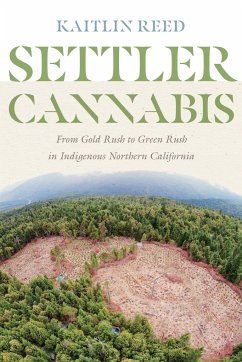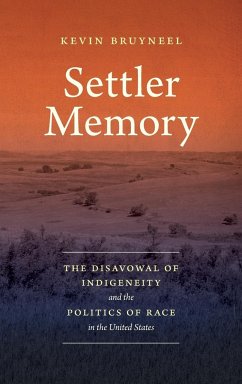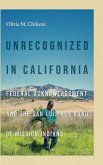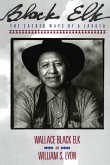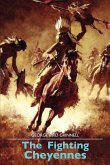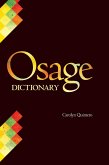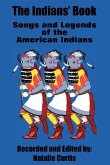Connects California cannabis production to the violence and dispossession of Indigenous land and people Young countercultural back-to-the-land settlers flocked to northwestern California beginning in the 1960s, and by the 1970s, unregulated cannabis production proliferated on Indigenous lands. As of 2021, the California cannabis economy was valued at $3.5 billion. In Settler Cannabis, Kaitlin Reed demonstrates how this "green rush" is only the most recent example of settler colonial resource extraction and wealth accumulation. Situating the cannabis industry within this broader legacy, the author traces patterns of resource rushing?first gold, then timber, then fish, and now cannabis?to reveal the ongoing impacts on Indigenous cultures, lands, waters, and bodies. Reed shares this history to inform the path toward an alternative future, one that starts with the return of land to Indigenous stewardship and rejects the commodification and control of nature for profit. Combining archival research with testimonies and interviews with tribal members, tribal employees, and settler state employees, Settler Cannabis offers a groundbreaking analysis of the environmental consequences of cannabis cultivation that foregrounds Indigenous voices, experiences, and histories.
Hinweis: Dieser Artikel kann nur an eine deutsche Lieferadresse ausgeliefert werden.
Hinweis: Dieser Artikel kann nur an eine deutsche Lieferadresse ausgeliefert werden.

